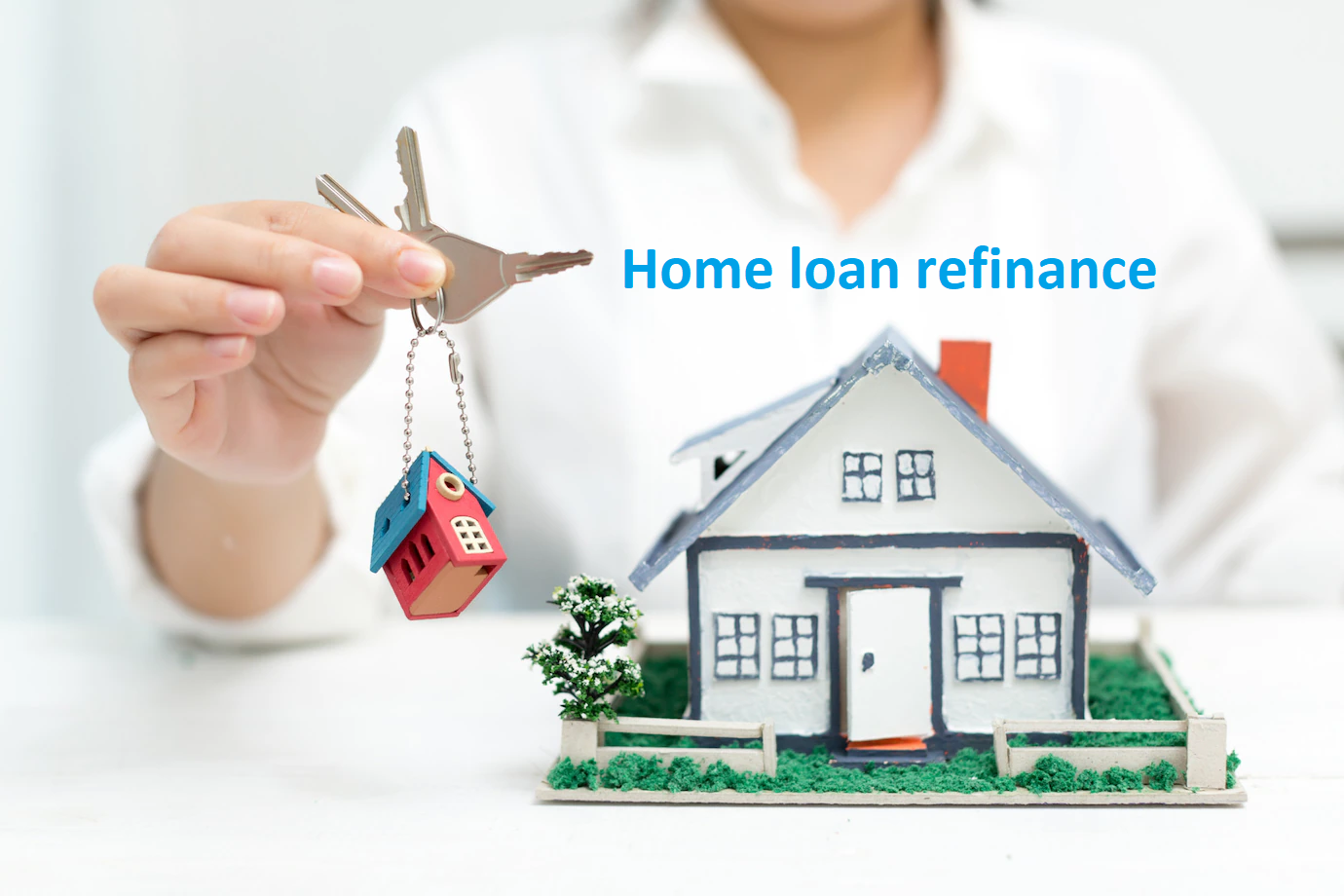Index Surge: Amplifying Your Insights
Stay updated with the latest trends and news across various industries.
Home Loans: Are You Ready to Dive into the Deep End?
Unlock the secrets to home loans! Discover if you're truly ready to take the plunge and secure your dream home today. Dive in!
Understanding Home Loan Types: Which One is Right for You?
Understanding the various home loan types is crucial for potential homeowners as it allows them to make informed decisions tailored to their financial situations. Generally, the most common types of home loans include fixed-rate mortgages, adjustable-rate mortgages (ARMs), and government-backed loans such as FHA and VA loans. A fixed-rate mortgage offers the security of a stable interest rate over the life of the loan, making budgeting easier. On the other hand, ARMs come with lower initial rates that can fluctuate, which might be beneficial if interest rates drop but can pose risks if they increase.
When deciding which loan type is right for you, consider your financial stability, how long you plan to stay in the home, and your tolerance for risk. For those who prefer predictability, a fixed-rate mortgage might be the best choice, while those planning to move within a few years might benefit from the lower initial payments of an ARM. Additionally, if you're a veteran or a low-to-moderate-income buyer, exploring government-backed loans could provide favorable terms with lower down payments. Assess your options carefully to ensure you choose the home loan type that aligns with your long-term financial goals.

Top 5 Mistakes First-Time Homebuyers Make
Buying a home for the first time is an exciting yet daunting experience. Many first-time homebuyers often find themselves making crucial mistakes that can affect their financial future. One of the most common pitfalls is failing to research the local market. Understanding current home prices, neighborhood trends, and the overall demand can help you avoid overpaying or missing out on a better deal. Another mistake is not getting pre-approved for a mortgage. This step not only clarifies your budget but also strengthens your position when making an offer, making you a more attractive buyer.
Moreover, first-time homebuyers often underestimate the total costs involved in purchasing a home. Beyond the down payment, there are closing costs, home inspections, and property taxes to consider. It's essential to budget for these expenses to prevent financial strain later on. Lastly, many buyers rush into the process without fully understanding their needs and wants in a home. Creating a checklist of priorities and being patient during the search can lead to a more satisfying purchase, ultimately helping you avoid buyer's remorse.
Are You Financially Prepared for a Home Loan? Key Questions to Consider
When considering a home loan, it’s crucial to ask yourself if you are financially prepared to take on such a significant commitment. Begin by evaluating your current financial situation. Do you have a stable income source? Is your credit score in good standing? According to experts, a score above 700 is generally recommended for securing favorable loan terms. Additionally, calculate your debt-to-income ratio, as most lenders prefer this to be below 43%. This analysis will give you a clearer picture of your financial readiness and help you determine the loan amount you can afford.
Next, consider your down payment situation and any additional costs that come with home ownership. Are you prepared to make a down payment of at least 20% to avoid private mortgage insurance (PMI)? If this seems daunting, research assistance programs available in your area. Furthermore, don’t forget about ongoing expenses such as property taxes, maintenance costs, and homeowners insurance. To assist you in this preparation, here are some key questions to ask yourself:
- What is my current savings balance?
- Have I budgeted for closing costs?
- Am I comfortable managing additional monthly expenses?